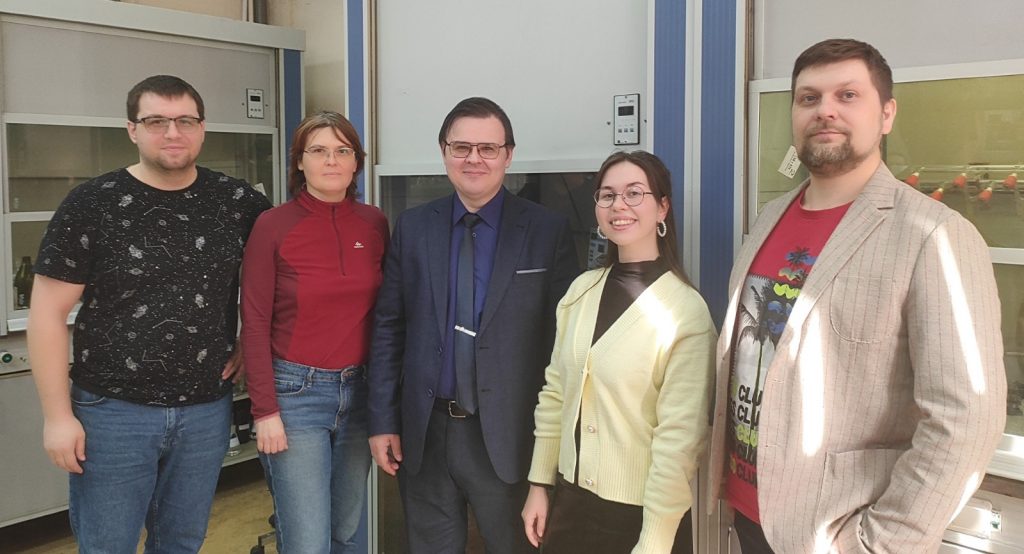KFU biologists and chemists create molecular systems to suppress biofilms

The Department of Organic and Medical Chemistry and the Department of Microbiology published their Russian Science Foundation-supported research in Pharmaceutics.
Associate Professor Dmitry Shurpik explains, “Over 80 percent of known bacterial infections have to do with biofilms. One of the pertinent problems during infections is that pathogenic microorganisms can form biofilms which are resistant to most antibiotics.”
He emphasizes that extracellular DNA is especially influential for antibiotic resistance, “We are among the first in the world, at least to our knowledge, who have offered a new way to suppress pathogenic biofilms. For this, we used supramolecular associates of macrocycle + extracellular DNA. For DNA binding, we used non-toxic water-soluble pillar[5]arenes.”
The macrocycles are ring-shaped structures of five or more molecules of aromatic hydrocarbons which serve as containers.
“Our obtained macrocyclic compound has a large number of nitrogen atoms and forms stable capsule-like nano-associates in saline. They are capable of withholding extracellular DNA within,” adds the scientist.
When DNA strands enter such a container, its nucleotides and separate chains of molecules begin intertwining, after which the DNA is basically trapped. In such experiments, biofilms of Staphylococcus aureus had their growth speed stunted by 15 – 20 percent.
The authors think that DNA traps can increase the efficacy of antibiotics and shorten treatment timeframes.

